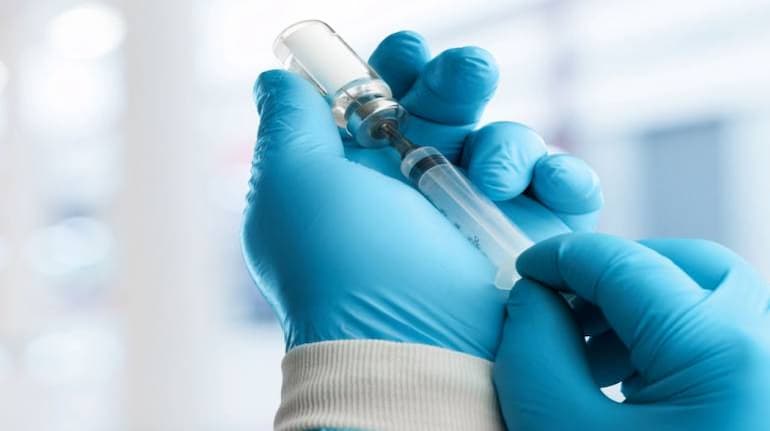



Cadila Pharmaceuticals is in talks with the Union and state governments for the supply of a new three-dose rabies vaccine that needs to be administered over seven days, or one-fourth of the time needed for the conventional regime.
“We are talking to both the states as well as the Centre because the procurement of vaccines is done at both levels,” Manjul Joshipura, senior vice-president, innovations and new products at Cadila Pharmaceuticals, told Moneycontrol.
The Ahmedabad-based company is in advanced talks with the governments of Chhattisgarh and Himachal Pradesh, Joshipura said. Cadila launched the three-dose vaccine in April.
“It’s a unique vaccine because the currently available anti-rabies vaccine is a five-dose vaccine and its regime schedule is very complicated, spread over one month,” Joshipura said. “The currently available vaccines are to be given on days 0, 3, 7, 14 and 28. It’s a long and complex regime and that is why people often don’t complete the course.”
Joshipura said deaths due to animal bites are preventable with a simpler regime. The market for anti-rabies vaccines has been growing in India.
Rabies is a fatal but preventable viral disease which spreads by the saliva of infected animals and leads to brain inflammation.
Also read: Dementia, as a fallout of COVID-19, emerges as a threat to India’s elderly
Globally, rabies kills an estimated 59,000 animal bite victims every year, mainly in Asia and Africa. Over 20,000 people die in India alone, mainly because many animal bite victims do not complete the full course of the vaccine, Cadila said.
Suneela Garg, chair of the programme advisory committee of the National Institute Health and Family Welfare, said partial rabies vaccination is a problem that arises due to a longer regimen and compliance remains a challenge.
“There are many cases where people don’t complete the full dosing regimen of the rabies vaccine due to loss of wages, dates, and distance from hospitals. We need to shorten the regimen for better compliance and the three-dose vaccine is a step in the right direction,” said Garg, who is also professor of community medicine at Maulana Azad Medical College.
The pharma company said about 40 percent of the population fails to complete the course of anti-rabies vaccines and that is one of the reasons there is significant mortality due to rabies in India.
“The three-dose vaccine can be a game changer and can save many lives,” Joshipura said.
Also read: J&J to challenge Maharashtra FDA's order cancelling license of its baby powder
Cadila said it successfully tested the immunogenicity and safety of the three doses on days 0, 3 and 7 of the vaccine in phase-I/II and phase-III clinical trials.
Unlike Covid-19 vaccines, procurement of anti-rabies vaccines in India is decentralised, which means state governments can buy them directly. There have been reports of a shortage of anti-rabies vaccines in the national capital and in some states.
According to a senior health ministry official, the availability status of these vaccines is maintained at the state level and there is no central database.
Joshipura said Cadila is currently selling 20,000 doses of the three-dose regimen every month.
“We have started production… capacity is not the constraint. We can produce vaccines based on demand. We expect demand to pick up and we are ready to meet the demand,” he added.
Discover the latest Business News, Sensex, and Nifty updates. Obtain Personal Finance insights, tax queries, and expert opinions on Moneycontrol or download the Moneycontrol App to stay updated!
Find the best of Al News in one place, specially curated for you every weekend.
Stay on top of the latest tech trends and biggest startup news.